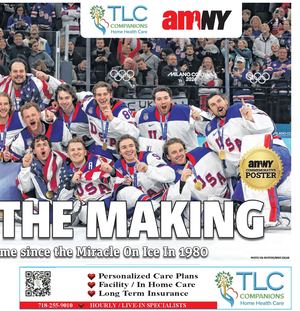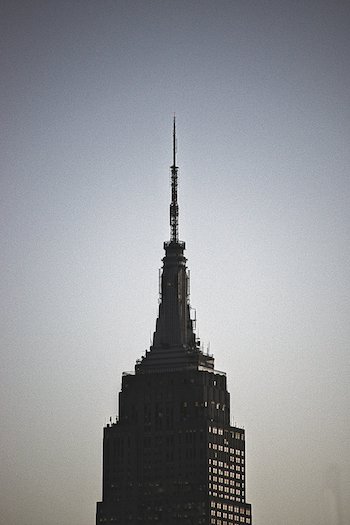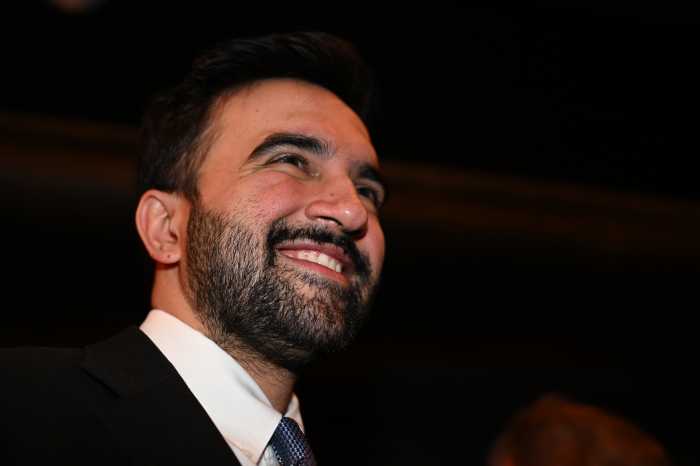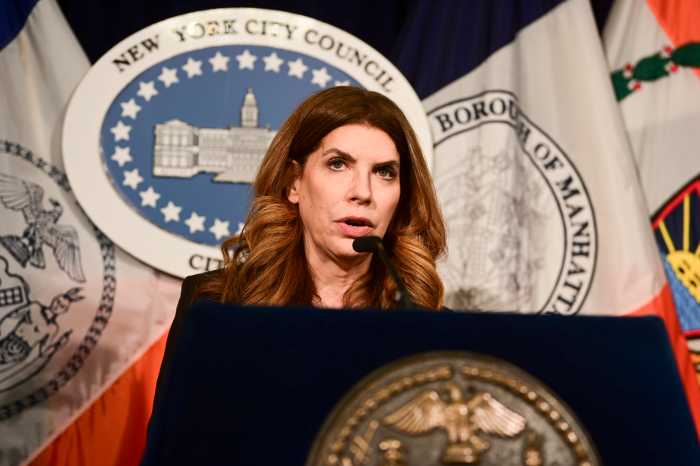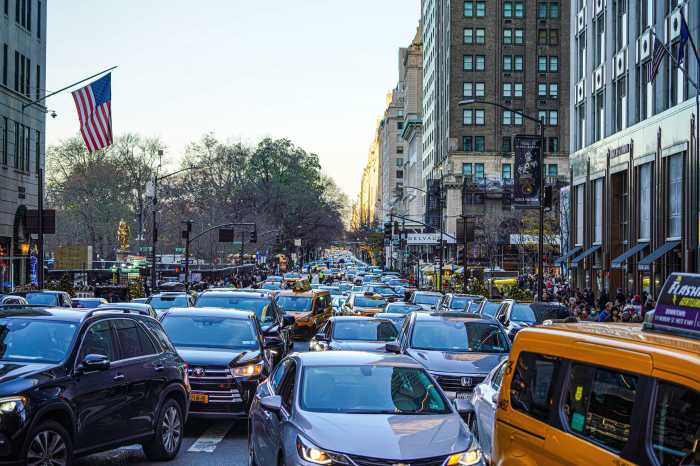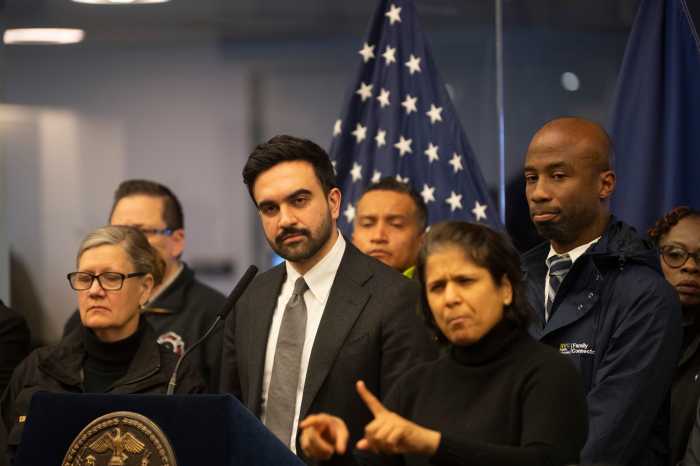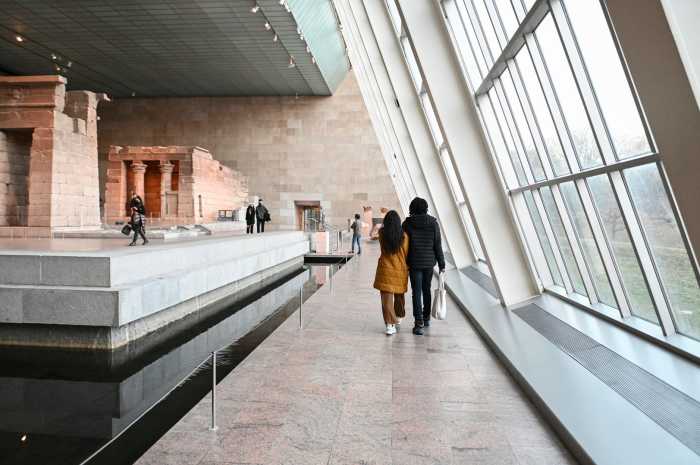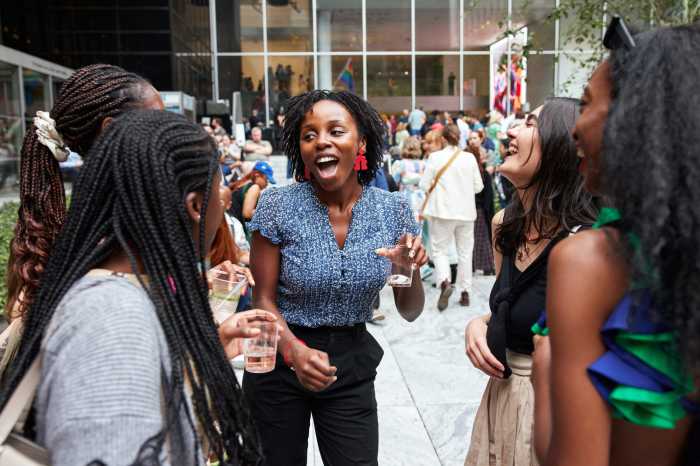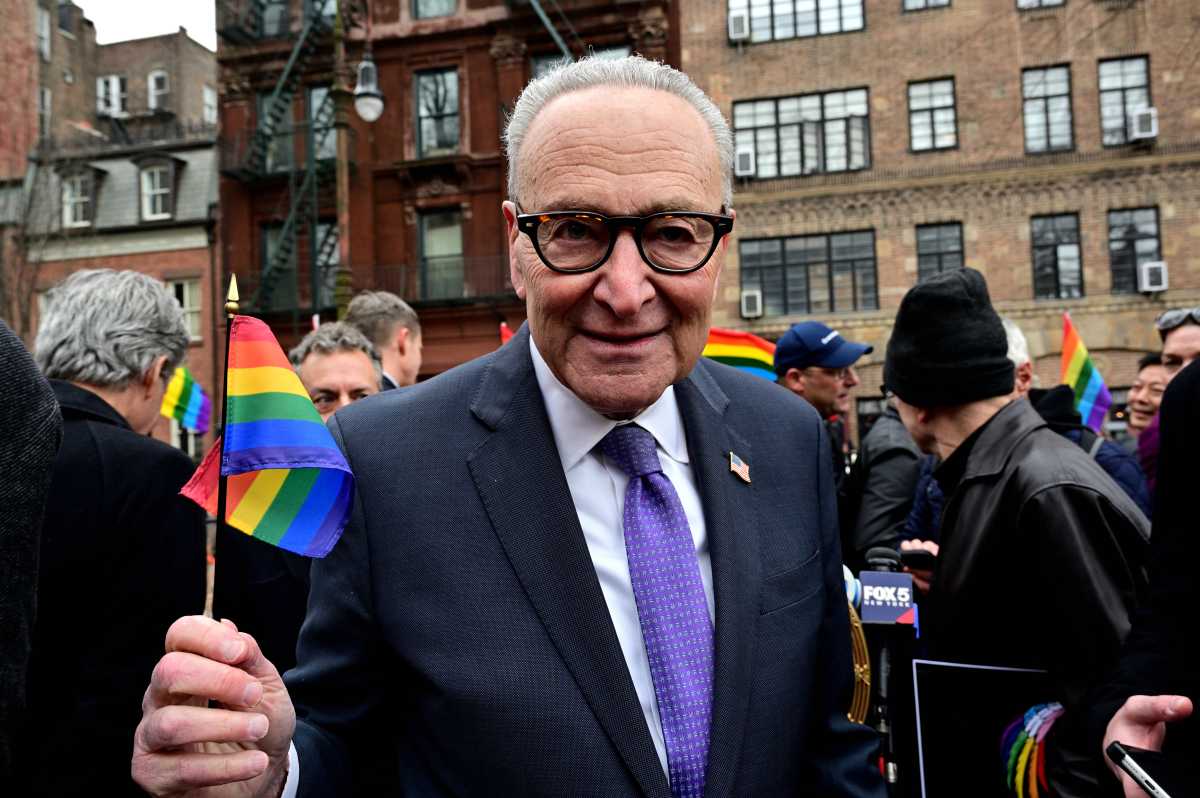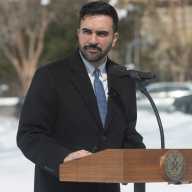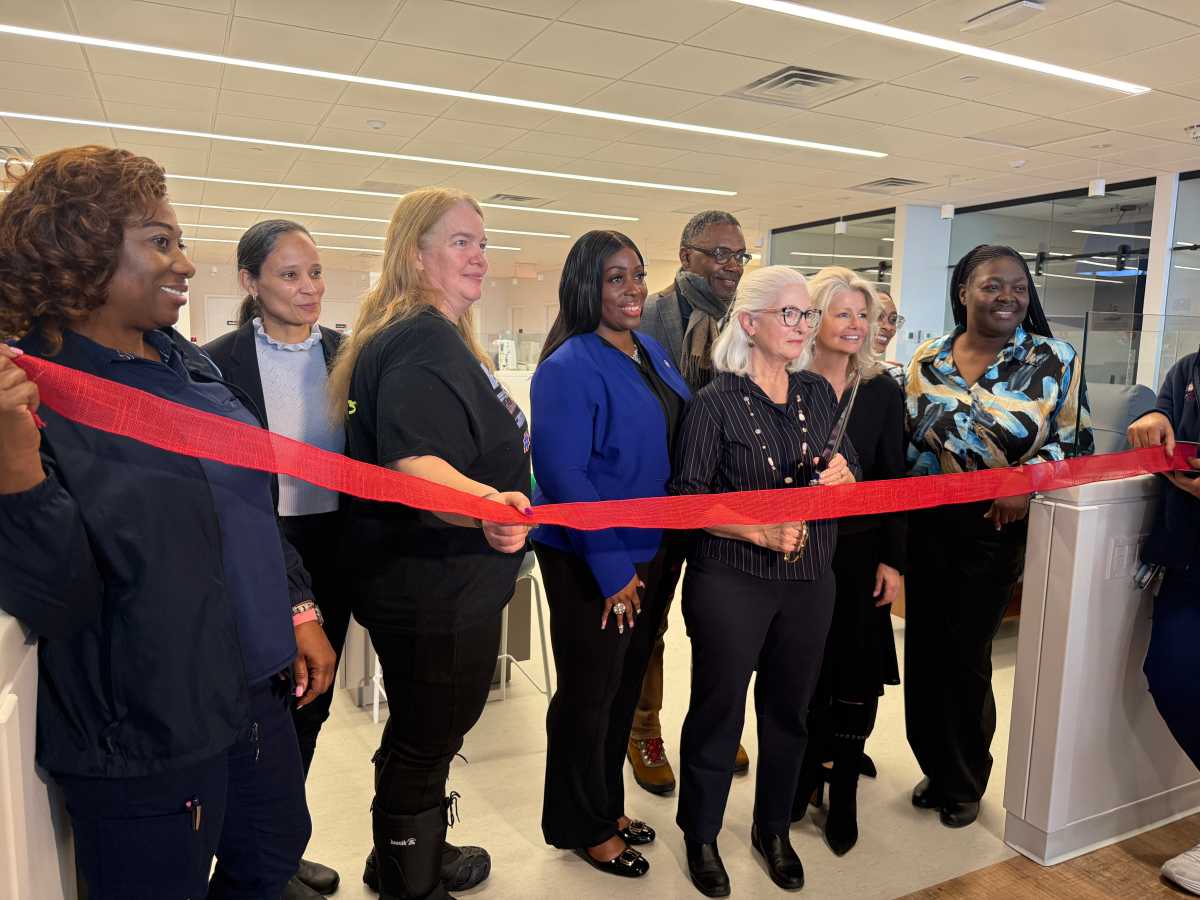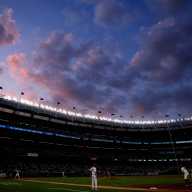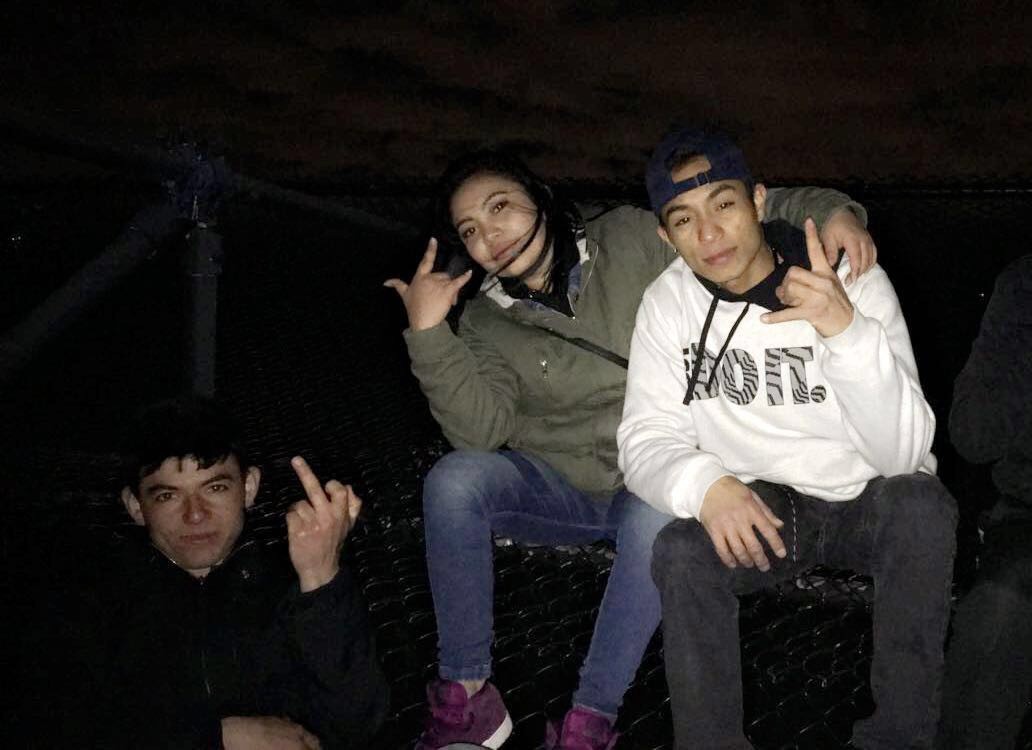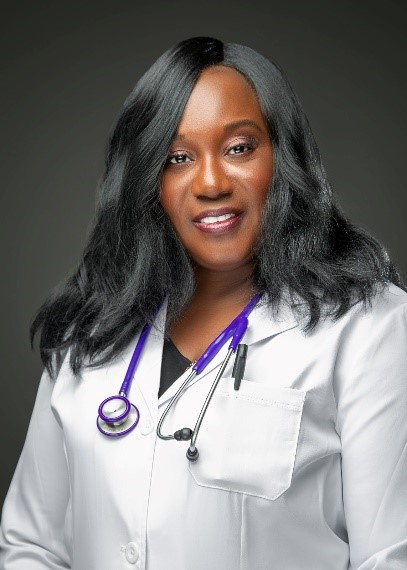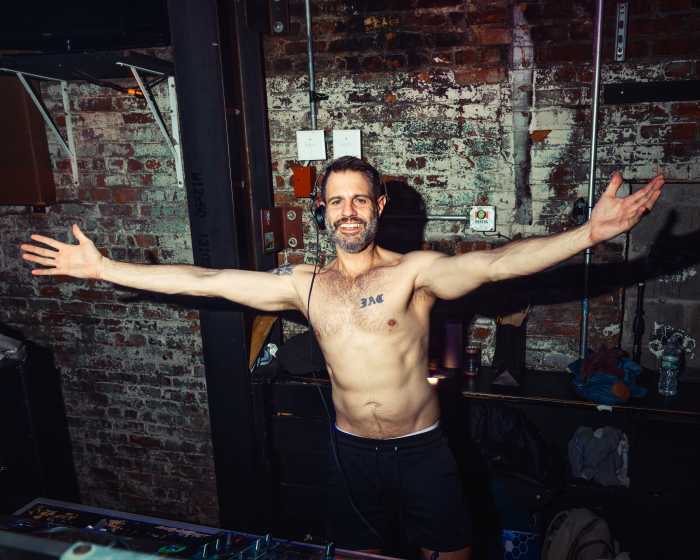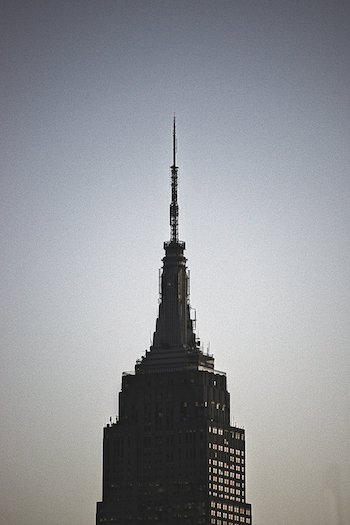
BY PAUL SCHINDLER | It was just one year ago that LGBT Pride Month in New York came to a euphoric conclusion with the US Supreme Court’s ruling that same-sex couples have a constitutional right to marry.
But since Sunday, Pride events across the nation have been scarred by the horror of 49 patrons at an Orlando gay bar –– many of them LGBT Puerto Ricans who turned out for its weekly Latin night –– being gunned down in a mad spasm of hate by Omar Mateen, a 29-year-old Queens-born Florida resident. The aftershocks from the worst mass shooting in American history will still reverberate strongly when New York’s LGBT community gathers on Fifth Avenue on June 26 for the annual Pride March.
Beyond the 49 killed, the 53 other patrons injured, their families, and indeed the city of Orlando, the massacre was a tragedy for all of America –– and especially for the nation’s LGBT, Muslim, and Latino communities, each of which was already enduring a difficult year.
Express Ourselves
The high court’s marriage equality decision last June was widely heralded in mainstream reporting as the culmination of the 46-year struggle that began with the Stonewall Rebellion of 1969. But the LGBT community itself largely recognized that the battle was far from over in a nation that still lacks any federal civil rights protections based on sexual orientation and gender identity in employment, housing, public accommodations, and other areas vital to what has come to be called “lived equality.” Advocates were also keenly aware that backlash has often come hand in hand with the community’s greater visibility and its political and cultural advances.
That backlash arrived right on time. Some states and localities tried to resist the marriage equality mandate, by excusing public officials from doing their job or even by getting out of the marriage licensing business altogether. Others put forward unprecedented schemes for allowing private citizens to evade those nondiscrimination protections that do exist by giving them religious exemptions they do not enjoy regarding any other group in society. Still other locales became seized by the fear that men, presumably straight, would dress up like women in order to invade female bathrooms and locker rooms, a phenomenon that simply has not materialized anywhere that transgender rights are protected in law.
There’s good reason to believe that opponents of the LGBT community are overplaying their hand, especially in light of decisions by corporations, sports leagues, and celebrities to pull back from jurisdictions, like North Carolina, that have jumped on the backlash. Still, the ugly rhetoric that has been unleashed –– a referendum last fall in Houston over transgender bathroom access was a particularly egregious example –– dehumanizes LGBT Americans in a way that defines us as “the other.”
When we dehumanize each other, we set the nation on a very dangerous course. There can be little doubt but that the vast majority of LGBT Americans share a visceral sense that the awful events in Orlando would not have been possible if there had not been decades in which some institutions in this country –– political, religious, legal, and familial –– persistently and viciously demonized LGBT lives.
Focusing on the shooter’s twisted biography obscures more than it enlightens. He had ties to Islamist radicals, though the strength and significance of those ties is not yet clear, regardless of his 911 pledge of allegiance to ISIS. Mateen’s father surfaced in the crime’s immediate aftermath to say his son responded with revulsion at the sight of two men kissing, but we’ve since learned that the father, too, is profoundly homophobic. Numerous witnesses have come forward to say that Mateen had earlier visited Pulse as a drunk patron or had cruised gay dating apps, but law enforcement sources are telling the media that he also visited the club with his wife, who had general knowledge of his murderous intentions. Was he a tortured, closeted gay or bisexual man or was he scoping out the crime scene in advance? Or are both things true?
The homophobic rantings of Mateen’s father that have now appeared online make clear that the shooter grew up informed by hatred of the LGBT community. That alone tells us a lot.
Many on the right –– which has rarely shown concern for LGBT rights –– are suddenly focusing on the often lethal homophobia that infects Islamist fundamentalism in order to demonize Muslims in our midst. But as Reverend Chloe Breyer, executive director of the Interfaith Center of New York, told a vigil crowd on Sunday evening, “Islamophobia is not the answer to homophobia.” Muslim Americans as a group are not responsible for the evil of one Muslim American man, and America makes no friends in its struggle against international terrorism by alienating moderate Islamic voices worldwide.
Meanwhile, the Latino community, which has become a political football in a campaign season where Mexican immigrants have been tarred as “rapists,” has learned that most of the bodies pulled from the Pulse had brown faces and Spanish names.
We are not going to heal from and move beyond the terrible events of Orlando if leaders succeed in urging us to turn on our fellow Americans and seal off our country from dangerous foreign influences. We can only become stronger by making the effort to understand each other. The LGBT community can learn about how Muslim lives in America are often marginalized just like their own and can acknowledge that Latino gay, lesbian, bisexual, and transgender people are often sidelined by white gay voices. Muslim Americans can learn more about how to accept sexual and gender diversity within their often tradition-bound immigrant communities. And Latino families in Orlando and beyond are holding tight to the memories of their sons and daughters lost this past weekend.
This is a dangerous moment in America and fear could undo us. But even if there are dangerous voices in leadership positions, in the end America, the world’s oldest democracy, gets the government it deserves. As so it’s up to each of us and every constituent community in America to make sure we walk through this crisis with resolve and in unity.
